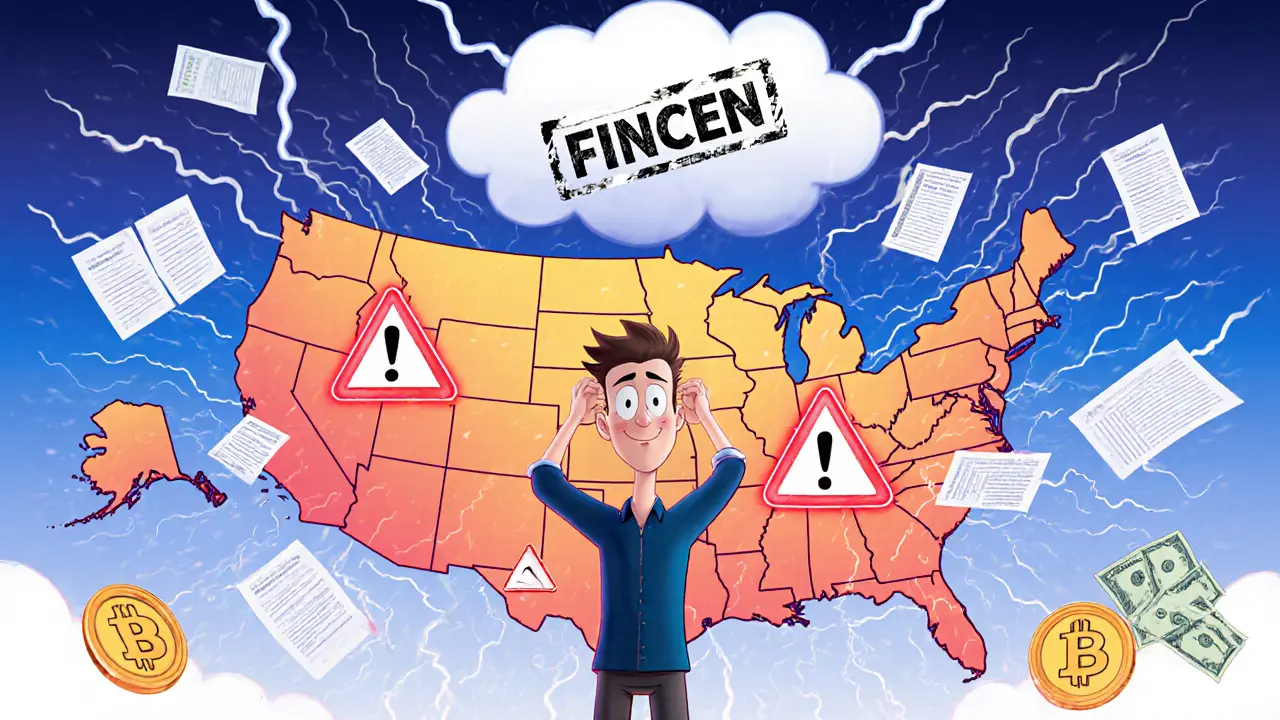Crypto Compliance: Rules, Risks, and Real‑World Insights
When navigating crypto compliance, the set of laws, standards, and internal policies that govern how digital assets are handled. Also known as cryptocurrency regulatory compliance, it ensures traders, exchanges, and developers stay on the right side of the law. A core piece of any compliance program is Anti‑Money Laundering (AML), which requires monitoring transactions for suspicious activity and reporting to authorities. Another pillar is licensing, where platforms must obtain proper authorizations from financial regulators before offering services. Together, these elements form a safety net that protects users from fraud, helps prevent illicit financing, and builds trust across the ecosystem. Understanding how crypto compliance works is the first step toward making informed decisions about which exchanges to trust or which airdrops to chase.
Why Crypto Compliance Matters Today
Compliance doesn’t exist in a vacuum; it’s shaped by broader regulatory frameworks that differ by jurisdiction. In Singapore, the Monetary Authority of Singapore (MAS) recently tightened licensing rules, forcing digital token service providers to adopt stricter AML procedures and implement the Travel Rule for cross‑border transfers. The Travel Rule itself is a semantic triple: crypto compliance requires the Travel Rule, meaning every transaction over a set threshold must include sender and receiver information that can be shared with regulators. These rules influence how exchanges like Deliondex or Barginex structure their fees, security layers, and user onboarding processes. When a platform neglects licensing or skips AML checks, it raises red flags that our reviews highlight, helping readers spot risky services before they lose funds.
Our curated list below pulls together in‑depth exchange reviews, airdrop safety guides, and country‑specific regulation summaries—all filtered through a compliance lens. You’ll find practical checklists for verifying an exchange’s license, step‑by‑step instructions to assess AML controls, and real‑world examples of how MAS’s new rules have reshaped the market. Whether you’re a beginner wondering if a new token is legit or an experienced trader comparing fee structures, this collection gives you the compliance context you need to trade confidently and avoid scams. Dive into the articles to see how each piece fits into the bigger compliance puzzle.
Money Transmitter Licenses for Crypto: What You Need in 2025
Crypto businesses moving money between fiat and digital assets must obtain money transmitter licenses in the U.S. In 2025, state requirements vary wildly - from New York’s $5M capital rule to Wyoming’s $25K bond. Non-compliance risks million-dollar fines.
Singapore Crypto Regulations & Licensing Framework Explained
Learn how Singapore's crypto regulations work, from MAS licensing tiers to the 2025 FSMA overhaul, AML rules, and stablecoin guidelines-all in plain language.

